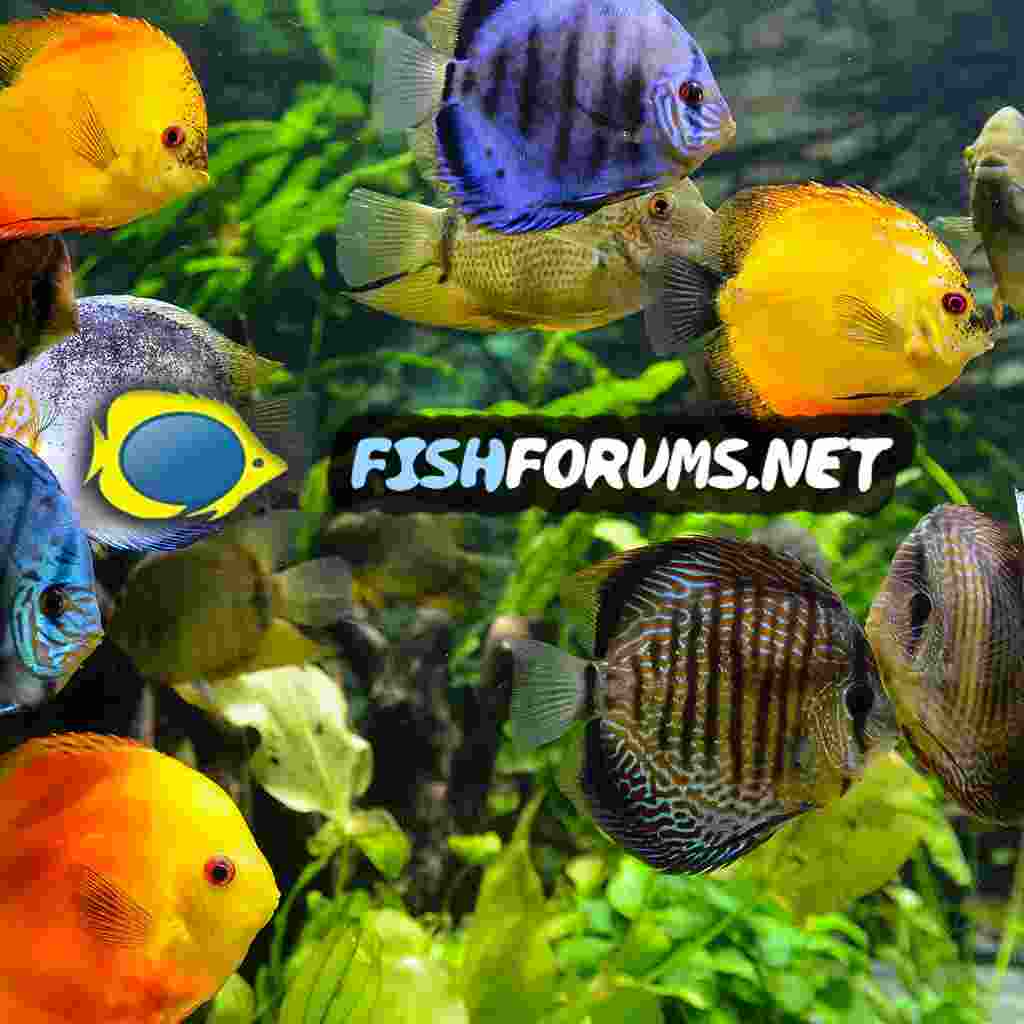There are a few of us on the forum at the moment with very hard water (250ppm or 15 degrees +) and I know a few of us are keeping lists individually so I thought it would be good to set up a 'master thread' that we can all contribute to and hopefully it will be good resource for us to refer to.
I'll keep an eye on the thread and as suggestions get added to the list I will update the first post with each mini profile - I dont think we should have long profiles here just common and scientific name, ph, hardness, temperature, origin location and a link to the source (usually likely a Seriously Fish profile but others are valid too). If the list starts to get quite long I will break it into sections - eg characins, cichlids, catfish but for now lets get as much info in here as possible. I'll start with the Rummy Nose Rasbora
Common name: Rummy Nose Rasbora
Scientific name: Sawbwa Resplendens
Ph: 6-8
Hardness: 54-268ppm
Temperature: 18-22c
Origin: Lake Inle, Shan, Myanmar
Source: https://www.seriouslyfish.com/species/sawbwa-resplendens/
Comment: Lake Inle is known to be even harder than 268ppm with some species recorded to 357ppm.
Wills
I'll keep an eye on the thread and as suggestions get added to the list I will update the first post with each mini profile - I dont think we should have long profiles here just common and scientific name, ph, hardness, temperature, origin location and a link to the source (usually likely a Seriously Fish profile but others are valid too). If the list starts to get quite long I will break it into sections - eg characins, cichlids, catfish but for now lets get as much info in here as possible. I'll start with the Rummy Nose Rasbora
Common name: Rummy Nose Rasbora
Scientific name: Sawbwa Resplendens
Ph: 6-8
Hardness: 54-268ppm
Temperature: 18-22c
Origin: Lake Inle, Shan, Myanmar
Source: https://www.seriouslyfish.com/species/sawbwa-resplendens/
Comment: Lake Inle is known to be even harder than 268ppm with some species recorded to 357ppm.
Wills




 ?
?